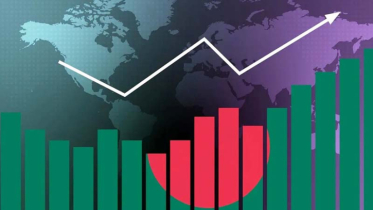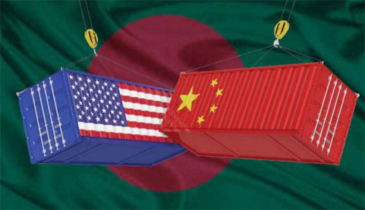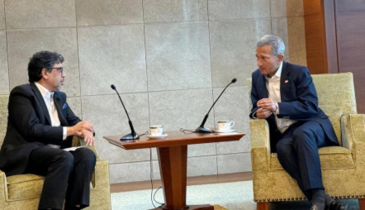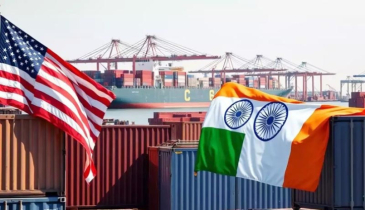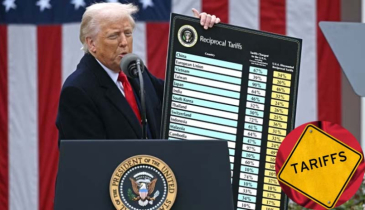Indian traders worry as imports from Bangladesh slow down
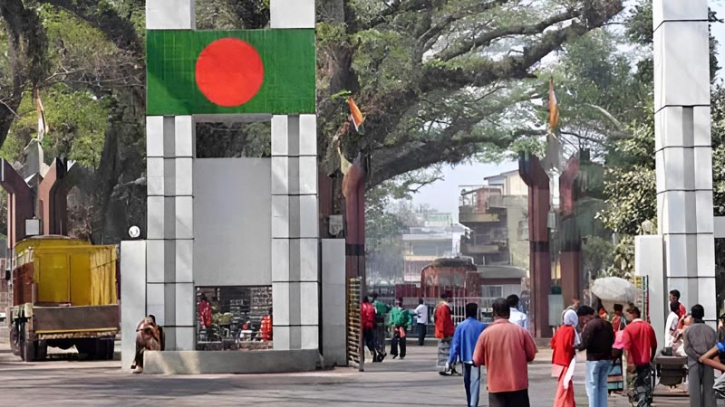
Indian businesses in Kolkata have begun to to feel the pinch as trade between India and Bangladesh continues to slow down.
For decades, Kolkata has served as a crucial trade hub, facilitating the exchange of various goods, including textiles, automobile parts, food products, chemicals, grains, and machinery, between the two nations.
However, the current trade disruption has caused a severe standstill, leaving businesses on the Indian side of the border in turmoil. Merchants and exporters in Kolkata are now grappling with reduced orders and growing uncertainty, impacting their livelihoods.
The ripple effects are being felt across the city, especially in areas like Marquis Street, which caters to Bangladeshi visitors. The slowdown has caused a steep decline in business activities, particularly in sectors reliant on exports to Bangladesh. Textiles, one of the key export commodities, along with automobile parts and grains, have seen orders plummet by nearly 60% over recent weeks.
"Bangladesh is a significant market for us, contributing millions of dollars in export revenue each year. But the current situation has brought all trade between the two countries to a halt," said Manoj Jhawar, a textile exporter from Kolkata and a member of the state's Textile Traders Association.
Businesses in Kolkata’s New Market area, which rely heavily on Bangladeshi shoppers, have also been hit hard. Mohammad Ansar, who owns a wholesale ethnic wear shop on Mirza Ghalib Street, noted a dramatic drop in revenue. "Our monthly business, usually in lakhs, has dwindled to just a few thousand over the past few weeks," he said.
The impact of the slowdown extends to nearly all sectors in Kolkata, according to Sushil Poddar, president of the Confederation of West Bengal Trade Associations. "Trade activities linked to Bangladesh have come to a complete standstill," Poddar explained, underscoring the widespread impact on businesses in the region.
As the situation continues, traders and exporters remain anxious, hoping for a resolution that can restore the once-thriving cross-border trade.
.png)


